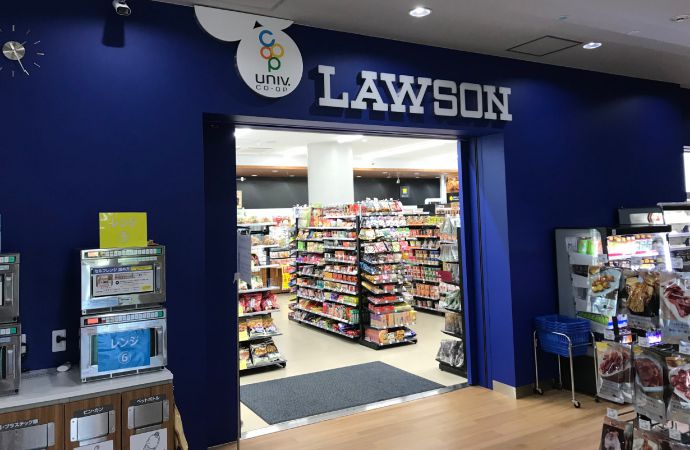Investment by major supermarkets in CO2, hydrocarbons and ammonia is enabling them to achieve key sustainability goals and save money. Whilst Marks & Spencer’s has opened its latest hydrocarbon store, Tesco’s energy efficiency measures including HFC-free refrigeration have saved the company £200 million since 2006. Delhaize Group is also working hard test innovative applications of natural refrigerants.

Speaking about M&S carbon neutrality announced in the 2012 sustainability report, Marc Bolland, M&S CEO said, “I am proud of what we've achieved. We now have a better, greener and more ethical Marks & Spencer (M&S) … We remain as committed to Plan A as we have ever been. It is an essential part of our DNA and fundamental to our plans to become an international, multi-channel retailer.” Plan A is the name of the retailer’s strategic sustainability plan.
Helen Fleming, Tesco Climate Change Director said, “We know we need to be a sustainable business in the long term – we’ve been a successful business and we’ll continue to do that.”
Investment in naturals helps M&S declare carbon neutrality
Marks & Spencer’s (M&S) 2012 sustainability report, confirms that the retailer is now carbon neutral, meaning the retailer has both reduced its carbon emissions and purchased carbon offsets, the first major retailer to achieve the distinction. Helping to achieve this, the company’s latest green supermarket building, Cheshire Oaks, Ellesmere Port, due to open in the summer 2012, features:
- An HFC-free hydrocarbon refrigeration system
- HFC-free air handling units
- Hemclad wall panels
- LED lighting
- Rainwater harvesting and a biomass boiler
At the Oaksmere store energy and carbon consumption will be 30% and 35% lower respectively than a peer store.
Overall M&S greenhouse gas emissions are down by 22% or 158,000 tons of CO2e since 2007, despite the 18% increase in the company’s sales space over the same period. The CO2 reduction was achieved by cutting electricity use, reducing gas leaks from refrigeration units and improved fuel efficiency.
Tesco saves £200 million as a result of energy efficiency measures and natural refrigerant units
Tesco has opened a number of low-carbon stores across the country, pioneering the use of natural refrigeration units, including those using hydrocarbons. With refrigeration accounting for up to 50% of the energy costs of the supermarkets and estimated to contribute 15-30% of grocery retailers’ total carbon footprint, investment in naturals is a key part of the company’s carbon reduction plan.
“We benefit because we are becoming more energy efficient, and we’re saving money on our energy bills – we estimate that the actions we have taken since 2006 have saved us £200 million (€248 million) in energy bills on an annual basis,” said Ms Flemming.
Fifth Delhaize Group Sustainability Progress Report shows commitment to naturals
With regard to refrigeration the Delhaize Group is committed to both switching from ozone depleting substances and minimising global warming potential. In 2011, 49% of total refrigerants used were ozone-friendly, compared to 42% in 2010. However, because most ozone-friendly refrigerants have higher global warming potential than the chemicals they are replacing the Group is also working to reverse their rising GHG emissions, which are evident in the last few years’ data. For example, in 2011 Hannaford implemented a system to indicate refrigerant leaks early, and Delhaize Belgium has combined ozone-friendly refrigerants with CO2. In addition, two distribution centres in Delhaize America were converted to ammonia-based refrigeration.
According to the report Delhaize Group is “working hard to address refrigerant leaks and continue to test innovative applications of natural refrigerants.”
At the recent ATMOsphere America 2012 conference in Washington D.C. Harrison Horning, Director of Energy and Facility Services, Delhaize America said the Group has about 2500 stores mainly in the US and in Europe and that the standard in Europe is currently to use a CO2 secondary or cascade system, although the company has also completed several CO2 transcritical installations. Delhaize America has around 1500 stores, with 3 operating with low temperature CO2 or as cascade, and one CO2 transcritical project is planned for 2013 for the State of Maine.
MORE INFORMATION
Related stories



